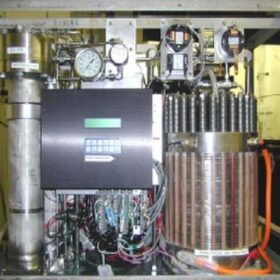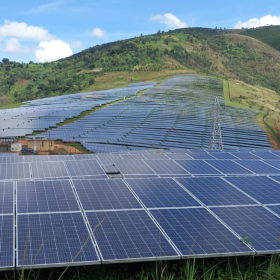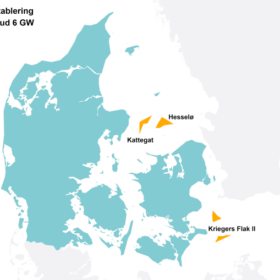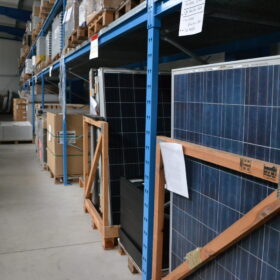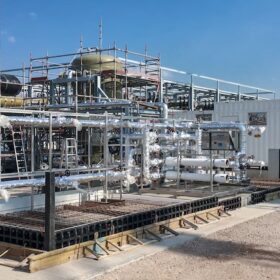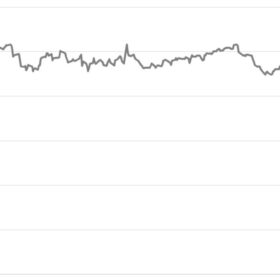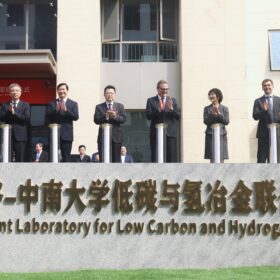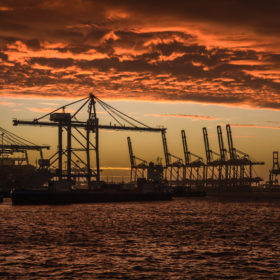The Hydrogen Stream: 1.2 TW of electrolyzers globally in development
Aurora Energy Research says it has recorded a sharp increase in green hydrogen projects, with 90% of them in early phases of development, while E.ON says that Germany’s hydrogen ramp-up is stuck due to an investment backlog.
Solar key to easing Burundi’s severe energy crisis
Burundi, the poorest country on earth, is unable to buy fossil fuels on theinternational market due to a lack of hard currency. pv magazine spoke with the United Nations Development Programme (UNDP) and a PV analyst to assess the true potential of PV in the nation’s current energy crisis.
The Hydrogen Stream: Denmark may produce green hydrogen from wind
Denmark will procure at least 6 GW of offshore wind power capacity to potentially produce hydrogen, while Orlen says it will use a European Commission grant to build 16 hydrogen refueling stations in Poland.
Low solar module prices affecting secondhand market
Stefan Wippich, the CEO and co-founder of Germany’s SecondSol platform, recently spoke with pv magazine about the development of the used PV module market. Wippich noted national differences and argued that it will be important to set rules for the trading of secondhand products.
The Hydrogen Stream: Linde plans 5 MW electrolyzer in Brazil
Linde says its White Martins unit will build a second electrolyzer to produce green hydrogen in Brazil, while Sunfire has launched a front-end engineering and design study (FEED) for a new 500 MW hydrogen project.
Europe’s negative price trend could continue until summer
AleaSoft and SolarPower Europe inform pv magazine that negative energy prices in Europe are related to the pandemic, low demand, insufficient storage solutions, and inadequate energy planning. They say this situation will likely continue into the summer.
The Hydrogen Stream: Vale opens hydrogen metallurgy lab in China
Vale and Central South University have launched a joint laboratory for low-carbon and hydrogen metallurgy in Changsha, in China’s Hunan province, while Nippon Steel has secured approval to acquire U.S. Steel.
The Hydrogen Stream: Engie confirms termination of H2Sines.Rdam project
Engie has told pv magazine that the developers of the H2Sines.Rdam installation have decided to terminate the project to produce hydrogen in Portugal and send it to the Netherlands, while Fortescue said it has opened an electrolyzer production facility in Australia.
Italy adds 2,022 MW/3,836 MWh of distributed storage capacity in 2023
Italy hit 3,367 MW/6,645 MWh of cumulative distributed storage capacity at the end of December. The new figures indicate that lithium-ion technology powers most storage systems, at 516,475 units in total.
Hydropower plant explosion kills 3 people in Italy
Firefighters in Italy have recovered three casualties following an explosion at a hydropower plant owned by Italian utility Enel. Rescue workers are currently searching for four missing employees who were in the facility when the incident occurred.
